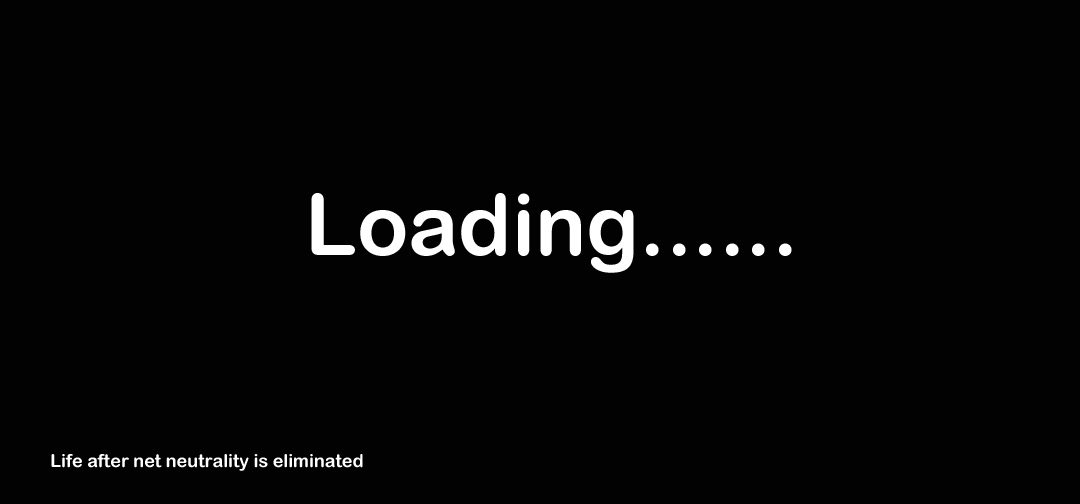Net neutrality is one of the things that keeps the Internet from becoming an echo of the vast cable television nothingness. If you were to take a survey of the most hated companies in the US, I’m willing to bet that the cable companies would top the list. Nobody likes their bundling, their tiered pricing or their customer service. They give you what they want and you take it because you really don’t have any options. The rapid decline in subscribers shows the majority of you have discovered streaming. Too bad that’s about to come to a screeching halt.
On December 14 the FCC will vote to eliminate net neutrality. In very simple terms, Net neutrality says that ISP providers have to treat all data the same. They can’t slow down or block specific streams like Netflix, they can’t block specific websites simply because they don’t agree with the content, think Republican versus Democrat, Baptist versus Catholic, streaming Disney versus streaming HBO. It doesn’t matter, net neutrality requires the ISPs to treat all data the same. Without it, the Internet becomes nothing more than an extension of our current cable television.
The FCC commissioner, Ajit Pai says that eliminating net neutrality will be a big benefit to the American public. There might be some price gouging at first but then the spirit of competition will allow us to pick and choose and the ISP would have the incentive to provide us with better service. Yep, that philosophy certainly works with cable.
This is the same FCC that is protecting our rights by redefining high speed internet to slower speeds, to show that everyone has access to high speed Internet. The same FCC that has redefined competition by enlarging the area used to define competition. Only have one service provider in your town? Well under the new definition, if the town next to you has another provider, you have sufficient competition in your town.
This definition is important because it prevents a town coming to the aid of its residents by creating its own ISP. Obviously, that would create too much competition.
We certainly can’t forget what the FCC commissioner, Ajit Pai has done for the rural area. Under recently passed rules, the phone companies are no longer required to keep up their copper networks. Everybody has access to cell networks, so they can pay extra to use their cell phones as hot spots. When I wrote about redefining unlimited, this is one of the topics I mentioned, hotspotting is not unlimited. The FCC would rather you not know that.
The vote against net neutrality is a forgone conclusion. When the FCC took a poll, their system crashed. According to them, it was because of a Denial of Service Attack and not because most of us wanted to maintain net neutrality. That crash also gave them an excuse to ignore the results. Good excuse.
Commissioner Ajit Pai has already said our opinions don’t matter. We simply don’t understand how wonderful the net will be after he eliminates net neutrality. The truth is that Congress is our last hope for net neutrality.
Unfortunately, net neutrality is not the real issue here. The real issue is the survival of the Internet. The FCC wants to hand the Internet over to the major providers so we can have cable TV Internet, 200 channels of nothing worth watching. Want to bundle Amazon and Netflix? Sorry that’s the next higher tier but that tier adds 2000 blogs..
Don’t take my word on this. Take the time to Google net neutrality. Read a few of articles. I’ve appended a few I liked at the end of this post. It’s your Internet and it’s your Congressman, it’s also your future. Then again, maybe you like paying for two hundred channels so you can watch the five that actually have content.
http://fortune.com/2017/11/23/net-neutrality-explained-what-it-means-and-why-it-matters/
http://act.freepress.net/call/internet_nn_call_congress/
© 2017 – 2019, Byron Seastrunk. All rights reserved.











Recent Comments